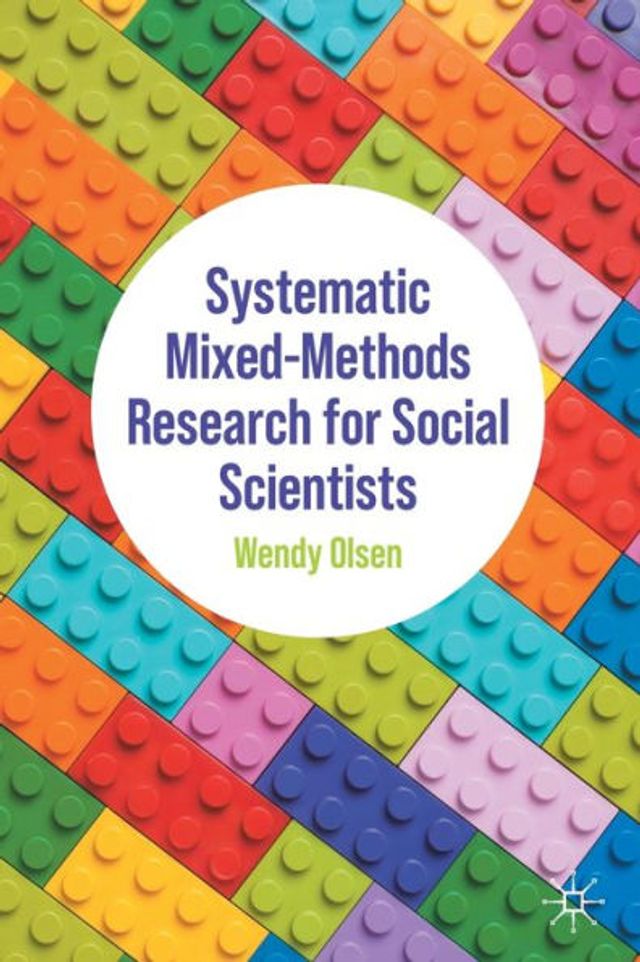Home
Enjoying Research Counselling and Psychotherapy: Qualitative, Quantitative Mixed Methods
Barnes and Noble
Enjoying Research Counselling and Psychotherapy: Qualitative, Quantitative Mixed Methods
Current price: $44.99


Barnes and Noble
Enjoying Research Counselling and Psychotherapy: Qualitative, Quantitative Mixed Methods
Current price: $44.99
Size: Paperback
Loading Inventory...
*Product information may vary - to confirm product availability, pricing, shipping and return information please contact Barnes and Noble
This textbook provides a guide to the development of a rigorous and creative research-supported practice for students, practitioners, and researchers in counselling and psychotherapy. With an emphasis on critical thinking and “research mindedness”, it introduces practical research skills and links them to self-awareness and critical reflection.
Learning how to creatively and effectively use oneself in the treatment process is an essential component in therapy training and this level of self-awareness has long been a neglected area in research – until now. With examples ranging from private therapeutic practice to psychiatric related research, each chapter combines ‘how-to-do-it’ advice with illustrative real-life examples. The authors outline the use of a broad range of research methods, embracing Arts- as well as RCT-based research, and covering qualitative, quantitative, pluralistic and mixed methods approaches.
Whether you are engaging with research for the first time or already developing your own research projects, if you are a student at diploma level or taking a Postgraduate research course for counsellors, psychotherapists and counselling psychotherapists, this is essential reading for anyone looking for a book that combines self-awareness with analytical and practical skills.
Learning how to creatively and effectively use oneself in the treatment process is an essential component in therapy training and this level of self-awareness has long been a neglected area in research – until now. With examples ranging from private therapeutic practice to psychiatric related research, each chapter combines ‘how-to-do-it’ advice with illustrative real-life examples. The authors outline the use of a broad range of research methods, embracing Arts- as well as RCT-based research, and covering qualitative, quantitative, pluralistic and mixed methods approaches.
Whether you are engaging with research for the first time or already developing your own research projects, if you are a student at diploma level or taking a Postgraduate research course for counsellors, psychotherapists and counselling psychotherapists, this is essential reading for anyone looking for a book that combines self-awareness with analytical and practical skills.


















